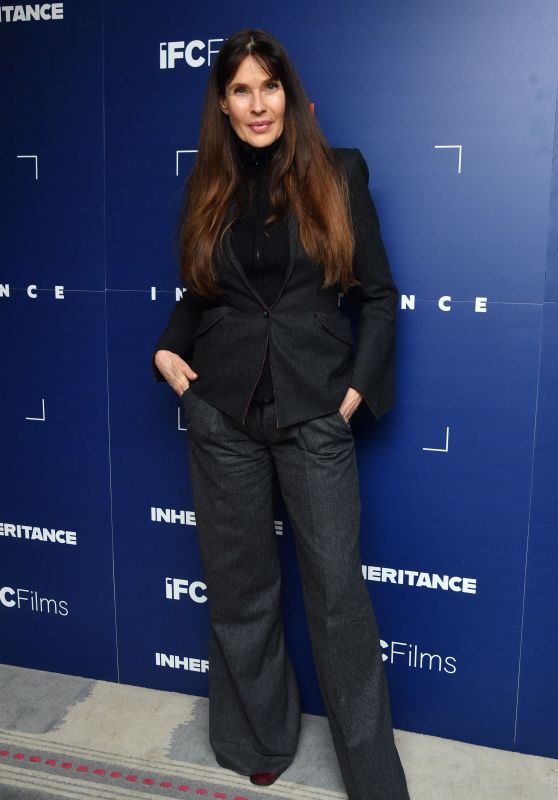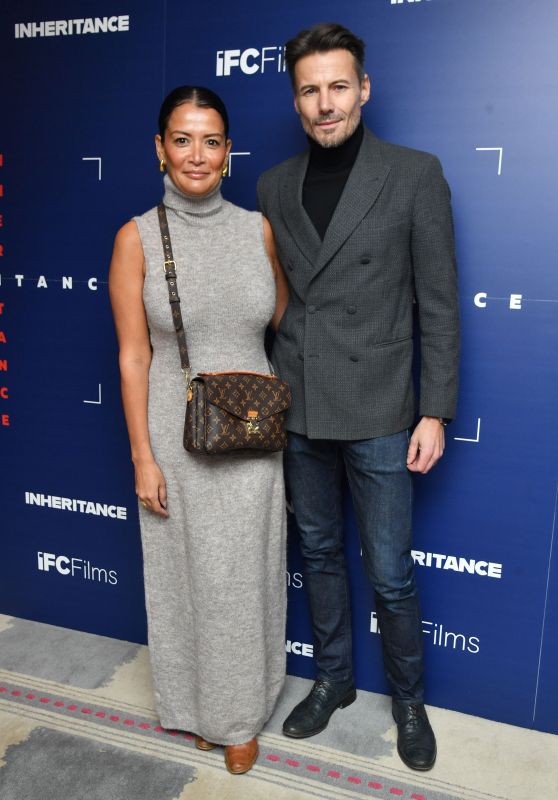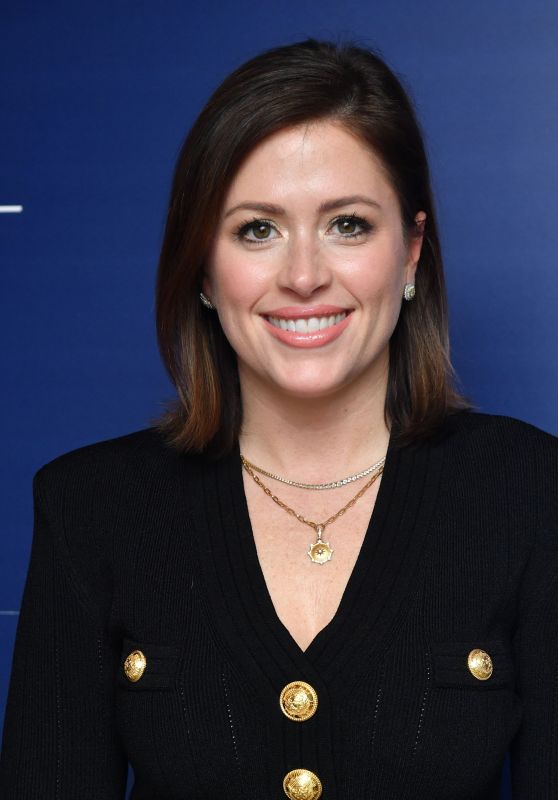Don’t Say Tony Vinciquerra didn’t warn you, union members. The deals you fought for are causing more film and TV production to move overseas and outside of the U.S., the outgoing Sony Pictures Entertainment CEO says.
At the MIPCOM conference in Cannes, Vinciquerra blamed the higher cost of doing business in the U.S. and the overall contraction in the film industry on the recently negotiated new contract terms by Hollywood’s labor unions. Specifically, he pointed to “both the length of [contracts] and the contract terms” as the key drivers.
The “impact that has had on business has been far more severe than anyone understands,” he added, speaking about both the film and TV ends of the business.


“We tried to convince [the unions], we tried to talk to the unions about what we thought would happen, and now it is happening,” Vinciquerra said at the conference (via THR). “While the unions were all yelling about corporate greed, somewhere in the neighborhood of 15,000 non-union jobs disappeared in our industry over the last two or three years…that had nothing to do with the strikes. That was over a three-year period. It was the business and the business was contracting and is contracting.”
The studios are moving productions overseas because of below-the-line costs that are far lower abroad than stateside, and because of tax incentives they can receive for doing business elsewhere. In California, where production has plummeted to levels even below those during the strikes, times are tougher than ever. Vinciquerra said California “has been the hardest hit” and hasn’t responded in terms of tax incentives (looking at you Mayor Karen Bass), and if you’re shooting in California, it’s “very difficult to price out a film.”
Last year, between the WGA strike and the SAG-AFTRA strike, the industry was shut down for months. Both unions eventually reached landmark deals with the studios, providing higher residuals for streaming, protections against being replaced by AI, and other general raises. This past summer, IATSE and the teamsters avoided a strike; video-game actors are presently on strike.
Vinciquerra recently predicted “chaos” is coming for the industry. He again landed on that word “chaotic” in his MIPCOM remarks, saying that the next 18-24 months will be full of mergers and acquisitions and layoffs — but then things will become stable again.
Coincidentally, that returned stability will come just as the unions and studios enter contract negotiations once more.




















 English (US) ·
English (US) ·